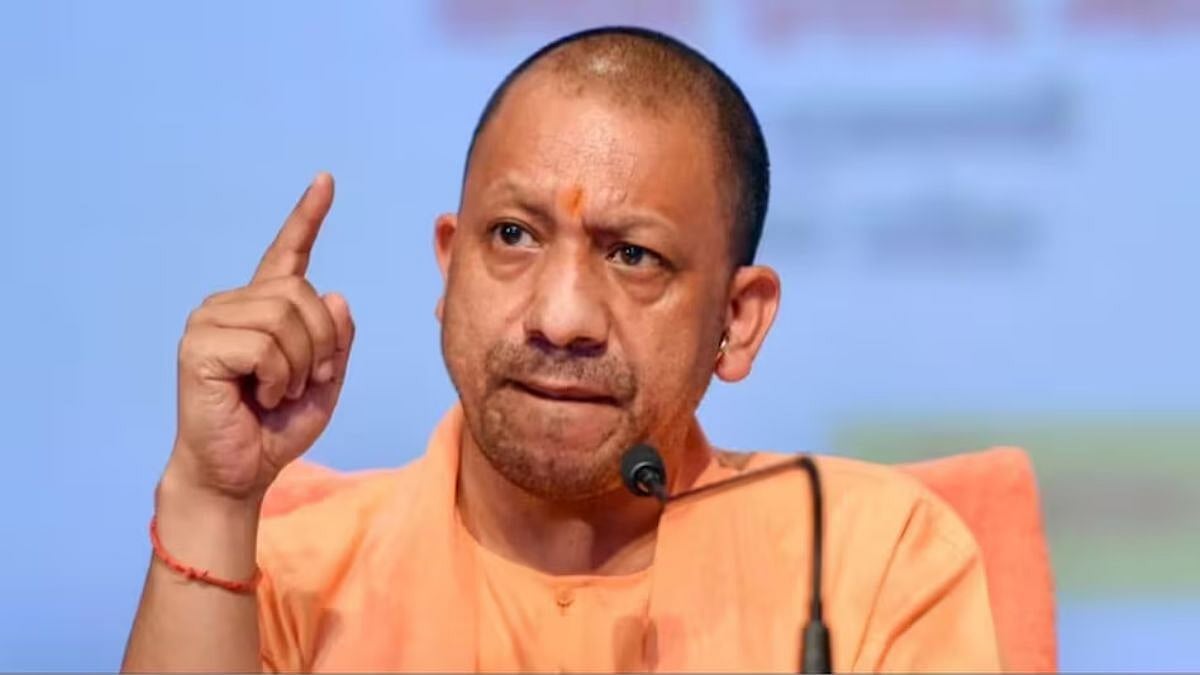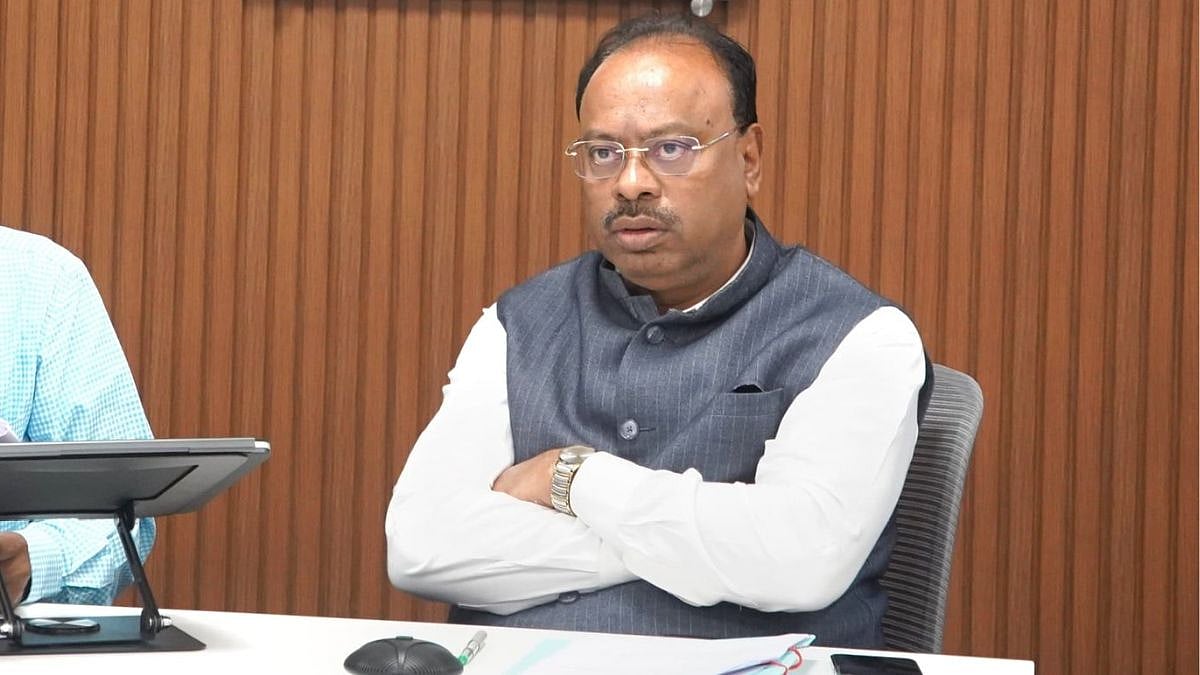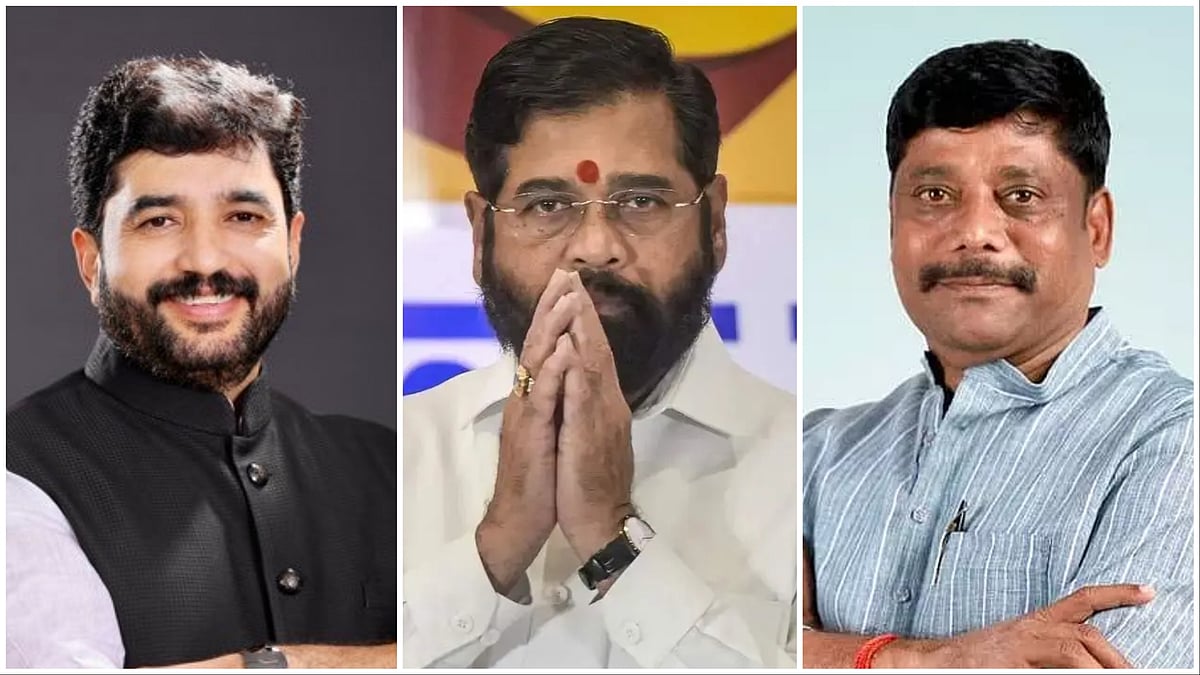Foreign Secretary Mr Vinay Mohan Kwatra in his address at the meeting of G20 development Working Group on Wednesday highlighted India’s responsibility as voice of the Global South to accurately represent the multifaceted interests of the developing nations of the world. Acknowledging Indonesia’s leadership in delivering successful outcomes last year, Mr Kwatra said that “We, on our side, resolve to take forward and strengthen consensus on key global issues in the G20.”
India’s DWG co-chairs, Joint Secretaries Mr Nagaraj Naidu and Ms Eenam Gambhir, outlined India’s priority areas and setting context for the discussions within significant global setbacks to the SDGs. The discussions covered India’s proposals, as well as the immediate developmental impacts of current disruptions in food, energy and financial markets.
The participants during discussion on Accelerating Progress on SDGs (Sustainable Development Goals) shifted focus to the structural frameworks required for nations to fulfil commitments made in the 2030 Agenda — including the need to enhance the ability and capacity of developing countries to meet targets, creating momentum for ongoing work, and creating new action plans wherever needed. India stressed the need for a greater voice for developing countries in multilateral institutions and processes, with a strong emphasis paid to facilitating effective consultations across countries, groups, and tracks.
Mr Federico Bonaglia of the OECD, informed delegates that addressing gender discrimination will add $6 trillion to the global GDP.
Mr Moustapha Kamal Gueye from the ILO demonstrated how climate change impacts the labour market, highlighting the need for the world to align climate and development policies to ensure sustained economic growth. He said, “tansitioning to a circular economy has the potential to create 100 million green jobs by 2030.”
Countries also discussed existing frameworks, and bottlenecks, for accessing sustainable finance, the need to strengthen efforts to achieve gender equality through employment, education, and steps needed to bridge digital divides globally.
Presentations by the Organisation for Economic Co-operation and Development (OECD) and International Labour Organisation (ILO) on the cascading impacts of gender discrimination, as well as the potential of just green transitions and digital transformation, respectively, were made.










